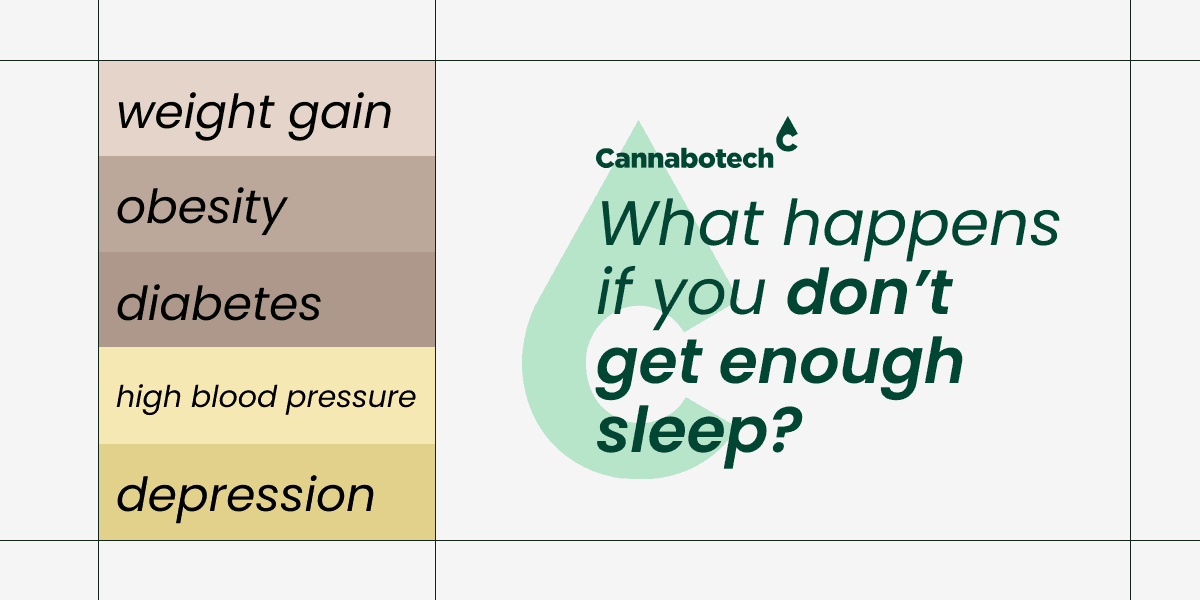Sleep is an essential human need and a vital time for your body and mind to rest and repair. But according to Mental Health UK, 1 in 5 adults in the UK don’t get enough sleep. This is a serious issue because problems with sleep can affect how you feel physically and emotionally. So how much sleep is the right amount?
What are the Effects of Not Getting Enough Sleep?
For decades, researchers have sought information on the ideal amount of sleep a person needs for optimum health. A few years ago, scientists looked at over 5,000 published sleep studies and concluded that adults should sleep for between 7 and 9 hours per night to get the optimum benefits of a good night’s sleep. But don’t worry if you occasionally get less sleep than recommended. It’s only if people get less than 7 hours of sleep on a regular basis that this may increase their sleep-related risks of health problems including weight gain, obesity, diabetes, high blood pressure and depression.
It’s really helpful to have a scientific basis for knowing how much sleep to aim for each night. But it’s important to remember that sleep quality also plays a role in getting a good night’s sleep. What do we mean by sleep quality? Sleep quality measures how well you sleep throughout the night. The Sleep Foundation states that you know you are getting good quality sleep if you fall asleep within 30 minutes or less, wake up no more than once per night and fall back asleep within 20 minutes, and you wake up feeling refreshed. If you feel like you are not managing to meet these criteria, you may want to think about why you’re struggling with your sleep. Here are a few pointers to help you improve the quality and duration of your sleep.

Plan a Quality Bedtime Sleep Routine
Have a planned bedtime routine for weekdays and weekends. Think about what relaxes you before getting into bed, for example, some people like to have a warm bath to prepare them for sleep. This is actually supported by sleep research that shows a warm bath 90 minutes before bed can improve the quality of your sleep. The reason for this is because warm water helps change your core temperature so that it drops, preparing your brain for sleep.
Create a Healthy Sleep Environment
Think about your surroundings - are they conducive to sleep? Blue light from your electronic devices is known to block the sleep hormone, melatonin, letting your brain know that it’s not time to sleep yet. Try red light, which stimulates the production of melatonin, helping to prepare your brain for better quality sleep.
Stay Hydrated While You Sleep
Your body is made up of two-thirds water, so it’s no surprise that hydration plays a key role in helping your body function at its best, including when it comes to sleep. One study found that people who consistently slept for 6 or less hours per night were 16-59% more likely to be dehydrated than those who slept for 8 hours. A reason for this link between hydration and sleep may be due to the hormone, vasopressin. This is a hormone that controls your body’s water balance and is released late in the sleep cycle. So if you are not sleeping for long enough the release of this hormone may be disrupted.
Be Aware of Your Stress Levels
Stress and anxiety often play a role in disturbing sleep. Sleep Research shows that genetics, family history of sleep disorders, living in a stressful environment and being female, all play a role in whether or not someone’s sleep is affected by stress levels. So what can you do to reduce stress before bedtime? This can be quite individual and you may have to try a few different suggestions before you find the solution that suits you best.

Having a warm bath, creating a healthy sleep environment and staying hydrated are all a good start. Avoiding caffeine late in the day and not eating too close to bedtime are a good idea too.
If you find that you are still struggling to manage your sleep and you are looking for a natural solution to help you relax as part of your bedtime routine, check out Cannabotech’s Beauty Sleep Drops. These sleep drops are a blend of CBD, functional mushrooms, chamomile and 5-HTP to help you relax before bed. Add 10 drops to your sleep routine around 1 hour before sleep and enjoy the benefits of a calm and relaxed bedtime.
Note: If you are concerned about your sleep, contact your GP. If you are taking medications, consult your GP before taking any new supplements.










